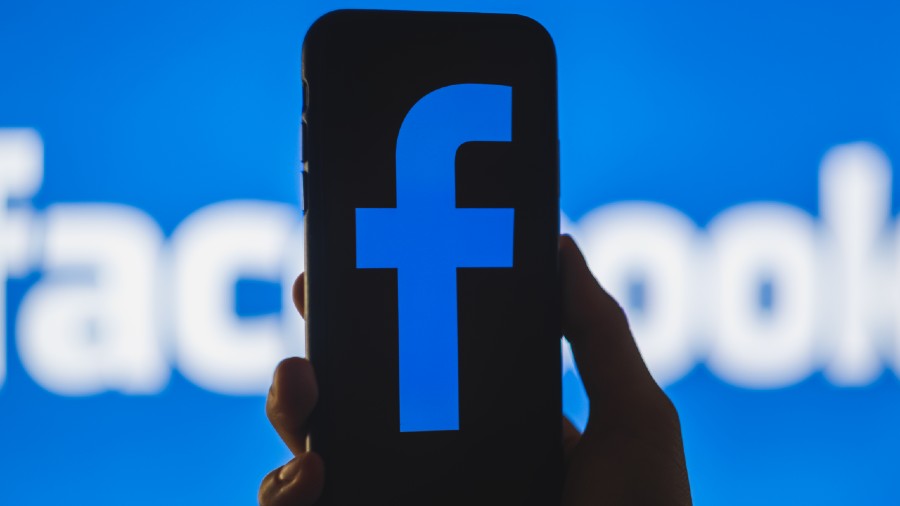Facebook Inc has agreed to pay up to $14.25 million to settle civil claims by the US government that the social media company discriminated against US workers and violated federal recruitment rules, US officials said on Tuesday.
The two related settlements were announced by the justice department and labour department and confirmed by Facebook. The justice department last December filed a lawsuit accusing Facebook of giving hiring preferences to temporary workers including those who hold H-1B visas that let companies temporarily employ foreign workers in certain specialty occupations. Such visas are widely used by tech companies.
Kristen Clarke, assistant US attorney-general for the justice department’s Civil Rights Division, called the agreement with Facebook historic.
“It represents by far the largest civil penalty the Civil Rights Division has ever recovered in the 35-year history of the Immigration and Nationality Act’s anti-discrimination provision,” Clarke said in a call with reporters, referring to a key US immigration law that bars discrimination against workers_ because of their citizenship or immigration status.
The case centred on Facebook’s use of the so-called permanent labour certification, called the PERM programme.
The US government said that Facebook refused to recruit or hire American workers for jobs that had been reserved for temporary visa holders under the PERM programme. It also accused Facebook of “potential regulatory recruitment violations.”
Facebook will pay a civil penalty under the settlement of $4.75 million, plus up to $9.5 million to eligible victims of what the government called discriminatory hiring practices.
”While we strongly believe we met the federal government's standards in our permanent labor certification (PERM) practices, we've reached agreements to end the ongoing litigation and move forward with our PERM program,” a Facebook spokesperson said, adding that the company intends to“continue our focus on hiring the best builders from both the U.S. and around the world.”
The settlements come at a time when Facebook is facing increasing U.S. government scrutiny over other business practices.











